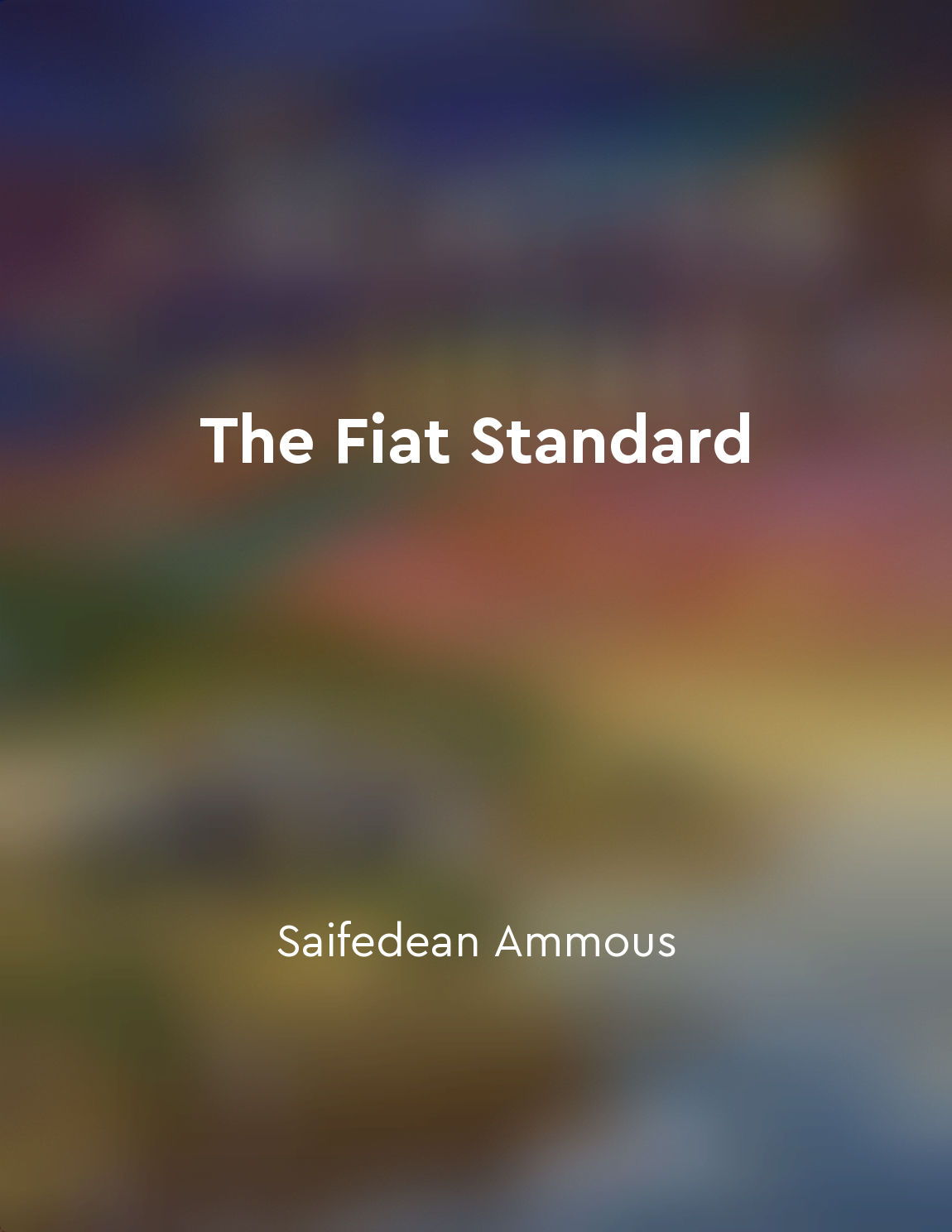Money is essential for modern economies from "summary" of Economics of Money, Banking and Financial Markets, Business School by Frederic S. Mishkin
Money plays a critical role in modern economies, acting as a medium of exchange that facilitates transactions between buyers and sellers. Without money, barter systems would be necessary for trade, requiring a double coincidence of wants between trading partners. This inefficiency can be eliminated through the use of money, which serves as a common unit of account that individuals can use to compare the value of goods and services. In addition to its role as a medium of exchange, money also serves as a store of value, allowing individuals to save and defer consumption to a later date. This function of money is essential for economic growth, as it enables individuals to invest in productive assets and build wealth over time. Without money, individuals would be limited in their ability to accumulate savings and invest in the future. Moreover, money serves as a unit of account that enables individuals to measure and compare the value of different goods and services. This standardization facilitates economic calculation and decision-making, allowing individuals to make informed choices about how to allocate their resources effectively. Without a common unit of account, the economy would be characterized by uncertainty and inefficiency, hindering economic growth and development. Furthermore, the supply of money in an economy is determined by the central bank, which plays a crucial role in regulating the money supply to achieve macroeconomic objectives such as price stability and full employment. By controlling the money supply, the central bank can influence interest rates and inflation, which in turn affect investment, consumption, and economic growth. Therefore, the availability of money and the stability of the monetary system are essential for the functioning of modern economies.- Money is a fundamental component of modern economies, serving as a medium of exchange, store of value, and unit of account. Its role in facilitating transactions, enabling savings and investment, and promoting economic stability is essential for economic growth and development. Without money, economies would be inefficient, unstable, and unable to achieve their full potential.
Similar Posts

Bitcoin is a form of sound money
Bitcoin is a form of sound money. But what does it mean for money to be sound? Sound money is money that is reliable, predictab...

Economic agents respond to incentives
Economic agents respond to incentives because incentives are the driving force behind human behavior. When individuals are pres...

Exchange rates impact global business operations
Exchange rates play a crucial role in the global business environment. They are the prices at which one country's currency can ...

Investment decisions influenced by macroeconomic conditions
Investment decisions are not made in isolation. They are influenced by a variety of macroeconomic conditions that shape the ove...
A energia positiva atrai dinheiro
The energy that we emit into the universe is like a magnet that attracts similar energies. If we radiate positivity and abundan...


